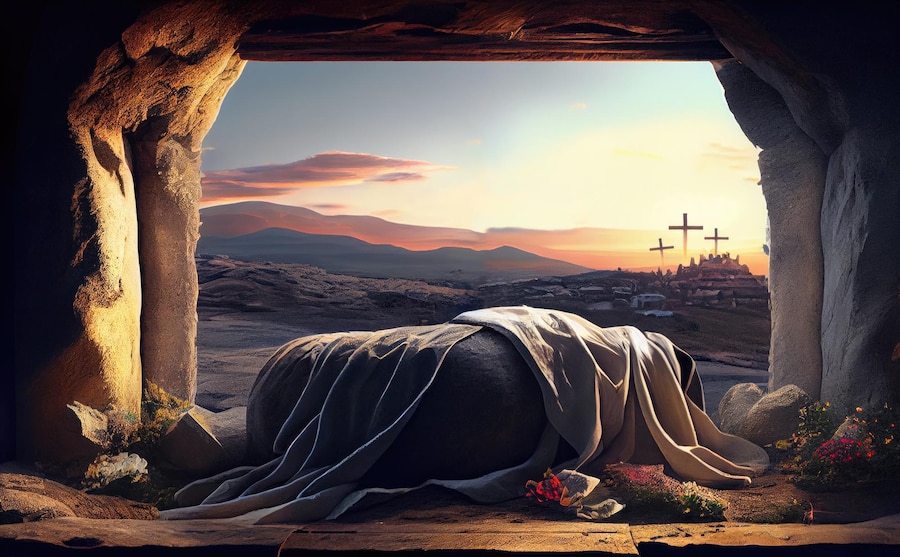
Resurrection and Restoration
by
Easter is a revolutionary act.
The newly created White House Faith Office announced earlier this week that President Trump would honor and celebrate Holy Week and Easter “with the observance it deserves,” according to Jennifer Korn, director of the Faith Office, including a special presidential video message and a pre-Easter dinner which Trump himself hosted on Wednesday.
“What a contrast to Easter last year at the White House when President Biden declared the most holy day of the year on the Christian calendar ‘Transgender Day of Visibility,’” evangelist Franklin Graham wrote.
Indeed, last year, former President Joe Biden issued a proclamation on that Good Friday which read, in part, “We honor the extraordinary courage and contributions of transgender Americans and reaffirm our Nation’s commitment to forming a more perfect Union — where all people are created equal and treated equally throughout their lives.”
By contrast, President Trump last Sunday launched Holy Week by recognizing “the Crucifixion of God’s Only Begotten Son, our Lord and Savior, Jesus Christ… and, on Easter Sunday, we celebrate His Glorious Resurrection and proclaim, as Christians have done for nearly 2,000 years, ‘HE IS RISEN!’”
As Easter dawns this weekend, Christians across the globe will gather to celebrate the resurrection of Jesus Christ—a singular event that overthrew the dominion of death and anchored the hope of salvation. This is no mere nostalgic ritual; it is the heartbeat of a faith that has shaped the moral and cultural architecture of the West for two millennia.
Yet, in our time, Easter’s promise stands in stark contrast to a world increasingly hostile to its message. Christians face unprecedented persecution globally, while at home, the radical Left has secularized our cultural institutions, eroding the foundations of a civilization built on Judeo-Christian values. In the context of this crucible, Easter is not just a commemoration but a defiant call to spiritual and cultural renewal.
The spiritual significance of Easter is inseparable from its radical claim: that Christ’s resurrection is the ultimate victory over sin and death. For believers, this is not a metaphor or a myth but an historical and metaphysical reality. The empty tomb testifies to a God who personally entered human suffering, conquered it, and continues to offer redemption to a fallen world. In our nihilistic age, when meaning is reduced to political activism and an idolization of the self, Easter’s message is a thunderclap. It proclaims that our lives have purpose, that our sacrifices are not in vain, and that love—divine and human—triumphs over despair. It is a reorientation of the soul toward eternity.
full story at https://www.frontpagemag.com/resurrection-and-restoration/
